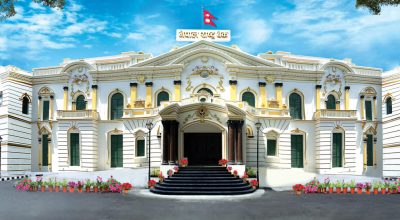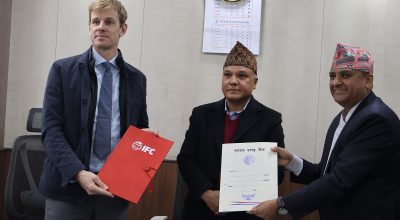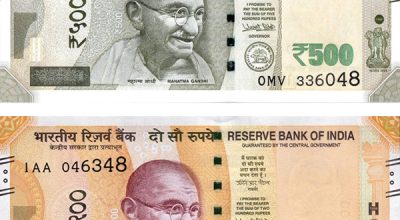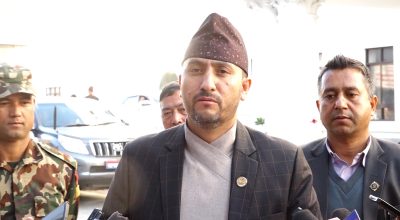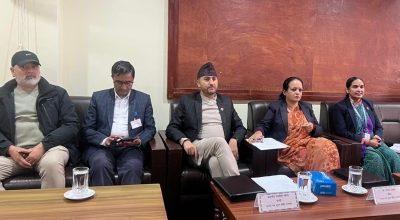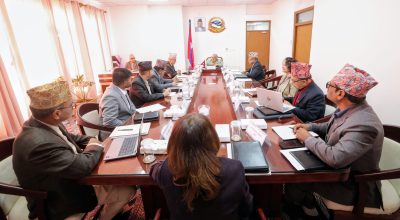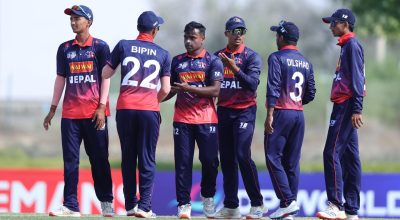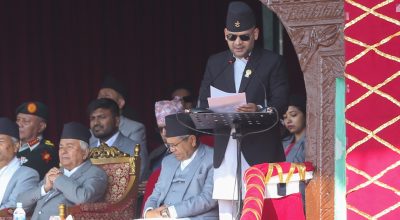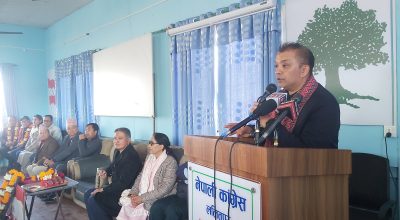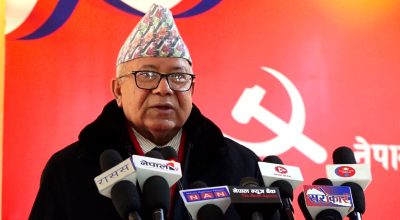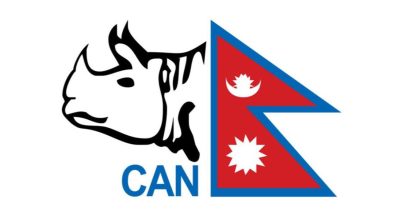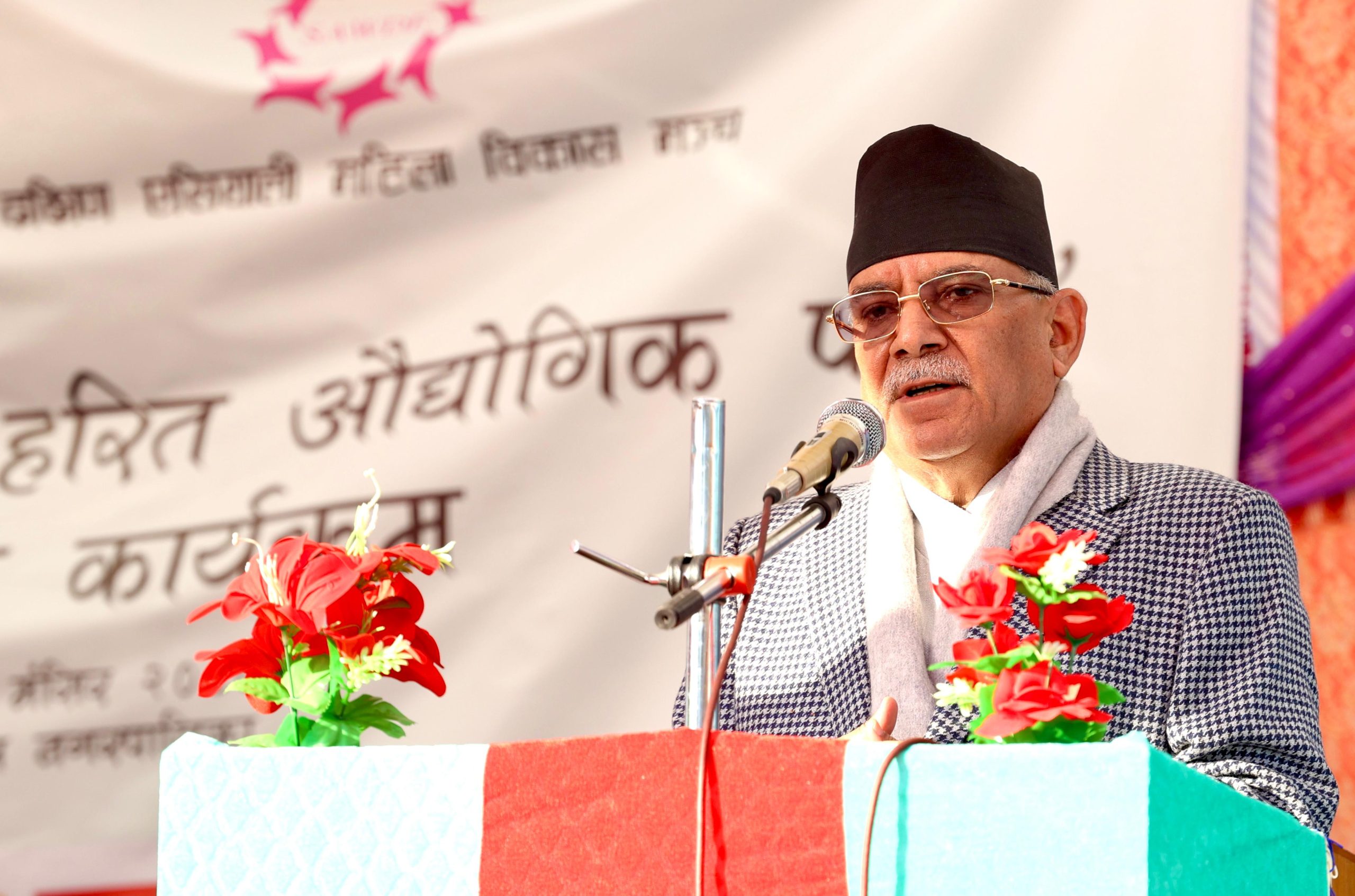
Kathmandu, Dec 13: At a time when the government has reiterated that efforts are being carried out for good governance, the governance experts and youth leaders have expressed concern over institutional erosion, weakening civic space and thriving bad governance in the country.
Arguing that civic space has badly shrunk of late, the speakers sought accountability on the part of government while awaken and unified role of civil society and vibrant media to foster citizen’s freedoms and nurture good governance.
Governance expert Ramesh Adhikari reminded that the civil society movement was in golden stage in Nepal from 1990 to 2016. “Even the recent periodic plans recognized the role of civic space,” he said, expressing worry over shrinking civic space at present.
In a dialogue organized by Nepal Centre for Integrated Development in Kathmandu on Wednesday, Adhikari also suggested media to be more inclusive, while underscoring effective governance within CSOs. He argued expectation and fear in relation to political parties and leaders is so entrenched in Nepal that it is jeopardizing democratic rubrics.
Another expert on governance, Pranav Bhattarai, viewed, “Good laws but weak and bad implementations is sheer obstruction to good governance in Nepal.”
He gave the example of Local Government Operation Act enforced in the wake of federalism that clearly recognizes the role of civil society and civil space for good governance, policy making and development. But, this Act has been misused much that it not only delayed and denied smooth public services but also derailed efforts to good governance. “The Commission for Investigation of Abuse of Authority (CIAA) is an exemplary institution in Nepal to help build good governance, but it has been walloped by political interests, resulting into utter suppression, silence and injustice,” he underscored.
Moreover, a youth leader of Nepal Samajbadi Party, Manushi Yami, said our political leaders are almost clueless of value of digital civic space. “Why did some section welcome TikTok ban,” she wondered.
According to her, taking long time to write constitution was betrayal to people. “The Education Bill reflected panchayat-era mindset of our political parties,” she said, lambasting the electoral alliance among the political parties that, she argued, deprived women of filing candidacy in the last election.
Once the political transition prolongs, it fuels political parties and leaders with false impression that they are the ultimate power. “More than politicization, the public institutions are suffering ‘particization’, destabilizing system and fomenting corrupt practices,” she added.
Also speaking on the occasion, editor at nepallivetoday.com, Shiromani Dhungana, admitted that media sector also needs restoration of public trust. Spiral of silence has a role to erode democratic values, he said, adding that collective consensus can contribute to build robust system that treat citizens well.
He expressed worry that Nepali media has witnessed unprecedented resource crunch, thereby disabling it to work up to the mark. Partition among journalists is a nagging issue, thereby tarnishing media professionalism.
Other speakers wondered why the concept of civil society was getting blurred in the country of late. Cooperation from all sides was sought for making political parties accountable to restore good governance and functional democracy. RSS





